Comments about a book titled “Blue is the Warmest Color” left some Tyler residents seeing red during a June 1 public hearing to determine if the graphic novel should remain on the shelf at Tyler’s public library.
The nearly 80-minute hearing ended with a board member calling a brief recess while a security officer escorted a woman from the building while another officer confronted a man who read explicit portions of a sexual encounter after being denied a second turn at the microphone.
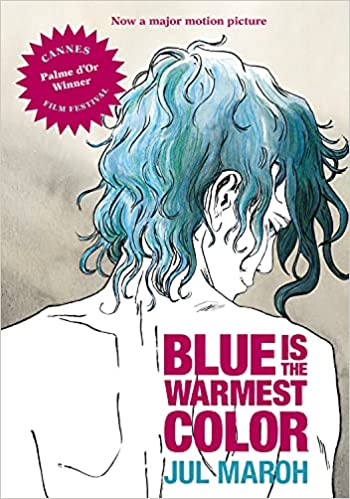
The board later voted 5-1 to retain the book. Board member Dee Chambless voted against retention. Robin Lee, a Smith County resident who appealed the decision, may now elect to appeal to the city manager.
A review committee previously denied a request to remove the graphic novel — a novel written in comic book format — by Jul Maroh from the library’s collection, but Lee said the subject matter does not reflect Smith County’s conservative values.
“I believe most people would consider this to be pornography,” Lee said during the public hearing conducted in Liberty Hall.
Lee said she filed a formal complaint with the city after a meeting earlier this year in which various speakers addressed the board about certain book selections available at the library. The selections drawing the most attention include topics on homosexuality, gender identity and sexual orientation.
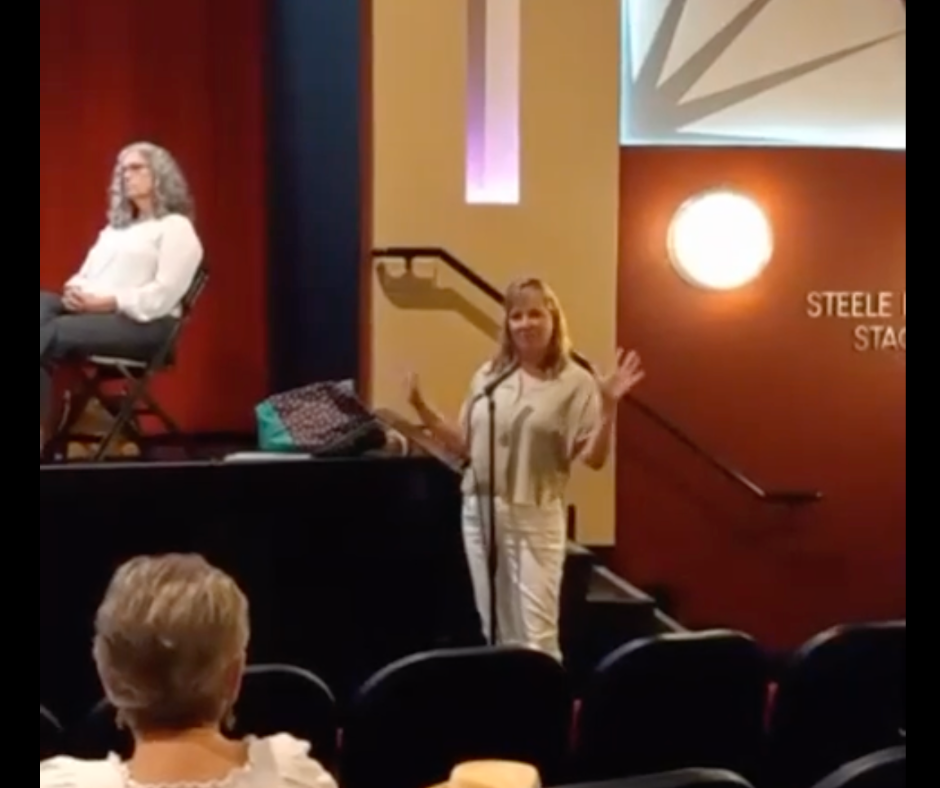
She said her initial complaint expressed concern for how some of the speakers were treated during that meeting. After receiving no response to her complaint, Lee said she submitted a request for reconsideration, challenging “Blue is the Warmest Color” among the library’s selection.
“I think most of us can agree that it is a little odd to file the request with the group that chose the book and ask them to unchoose the book,” she said.
City librarian Ashley Taylor prefaced Lee’s presentation with a brief explanation of the novel and the review committee’s decision.
As a graphic novel — — “Blue is the Warmest Color” is located with other graphic novels located on the library’s second floor. All children’s material is located on the first floor, she explained.
Taylor said the review committee determined the book in question was selected according to established standards and policy, and therefore, would be retained. Library policy allowed Lee to appeal that decision to the full library board.
During her presentation, Lee argued she considers the book pornographic even though it contains less than 2% about sexual activity and 7.7% about nudity. She compared the book’s content to making a special brownie recipe that includes a small amount of organic chicken manure as one of its ingredients.
Although there is “far more brownie than manure,” the result is still not acceptable by most people, Lee said.
She offered evidence of a “potential conflict” between the American Library Association, an organization in which the Tyler Public Library belongs, and a “significant majority” of Smith County residents who are Republicans.
Lee said her research shows that Smith County is “very conservative” and those organizations affiliated with the ALA are Democrats.
“It is not honest to say some part of the community would object to the content in this book,” she said. “Most would.”
She proposed two possible actions to resolve the issue:
· Changing the functioning definition of pornography to include cartoon portrayals of graphic sex acts.
· Ask the publisher to republish the book without the sexual graphic material. “The music industry produces both graphic and edited versions of songs,” Lee noted. “This way the book can too and everyone wins.”
Other speakers
The opinions expressed by 15 other speakers during the hearing appeared nearly evenly split between removing or retaining the book.
Those who expressed their support said the book and others like it represent the diversity of the Tyler community and that banning certain books violates the freedoms of expression and choice.
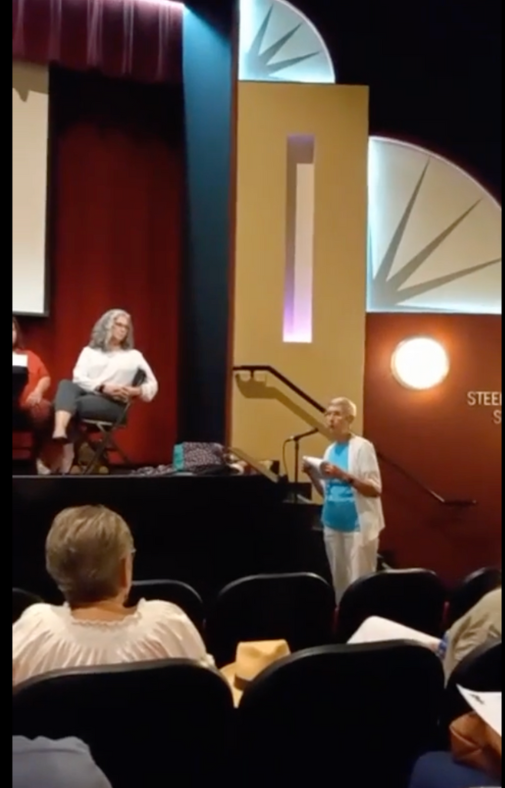
“I grew up in a very conservative, Southern Baptist home and would have welcomed a book about lesbian love to help me understand the feelings that I was experiencing,” Lou Anne Smoot said. “To me, banning books is a promotion of ignorance.”
Speaker Mary Foster noted that the Museum of Art in Dallas is filled with works of art that are “very graphic.”
“If you don’t like it, don’t read it,” she said. “Our librarians have better things to do than to pull books. Their job is to be helpful and to guide you toward literature you are interested in. If you are not interested in that literature, they will guide you elsewhere.”
Other speakers, however, expressed concern about the access children may have to pornographic or obscene materials at a tax-funded library.
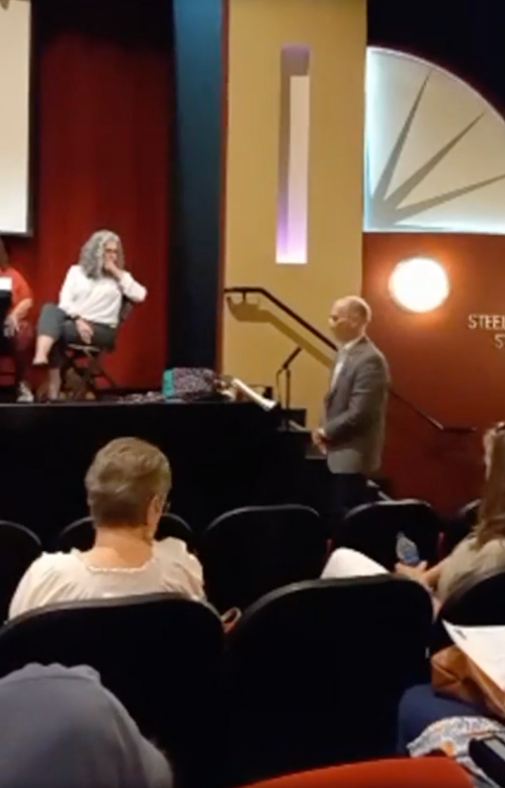
Tom Fabry, a member of Grassroots America, said it is “beyond shocking” that library officials considered purchasing books “with … smutt in the first place.”
“These books do not represent the values of our community,” he said.
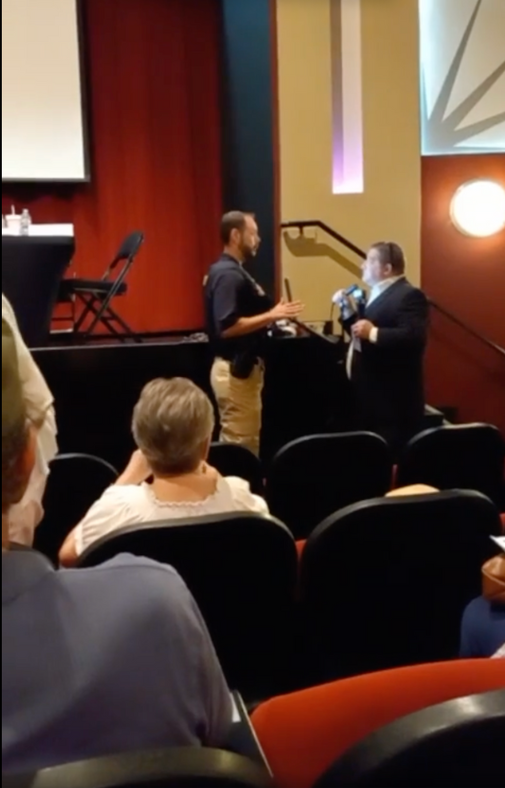
Craig Licciardi said wanting the book retained is “pushing the agenda for allowing children to be groomed for sexual abuse.”
“You are responsible for providing pornography to children,” he told board members.
Love what you're seeing in our posts? Help power our local, nonprofit journalism platform — from in-depth reads, to freelance training, to COVID Stories videos, to intimate portraits of East Texans through storytelling.
Our readers have told us they want to better understand this place we all call home, from Tyler's north-south divide to our city's changing demographics. What systemic issues need attention? What are are greatest concerns and hopes? What matters most to Tylerites and East Texans?
Help us create more informed, more connected, more engaged Tyler. Help us continue providing no paywall, free access posts. Become a member today. Your $15/month contribution drives our work.







